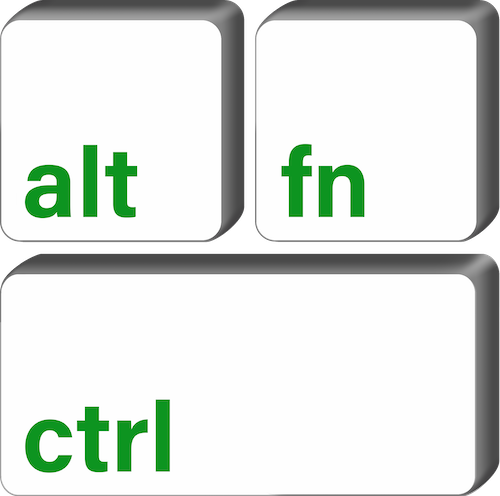Server: In-house or cloud, which one for you?
First, let’s explain the difference between the two. An in-house server is a physical computer that resides on-premise such as an office. A cloud server is one that is available for rental and resides in a vendor’s office, accessible via the Internet.
Cost: An in-house server costs more up-front as it is a one-time purchase. The purchase (or rather subscription) of a cloud server costs less to procure but is more costly in the long run as it requires a yearly renewal.
Control: An in-house server allows for full control and customization. A cloud server, depending on the level of subscription, limits control.
Maintenance: An in-house server requires more updates and maintenance than a cloud server.
Ease of use: A cloud server is easier to use because advanced settings and customizations are removed. This varies from vendors to vendors, packages to packages.
Efficiency: An in-house server is more reliable because it doesn’t rely on internet connection to have access to resources. A cloud server requires an always-up internet connection for real-time changes.
That depends on many factors and the priority of each of these factors varies from businesses to businesses. Some of these questions could guide you towards what’s best for your setup.
How frequently does internet go out of service at your location? If it happens a few times a month, either repair it first, get a backup internet, or go with an on-site server.
IT purchases for business is an investment. From a long-term perspective, you get a better ROI with an in-house server.
For startups, and especially businesses whose the future is uncertain, cloud server is a wiser choice.
If your business has 5 computers or less, it may make sense to use a cloud server for the time being. The number of computers varies depending on work balance and structure. As your operation grows, switch to an in-house makes more economical sense.
In this era, many look for remote workspace solutions. Regardless of a cloud or an on-site server, remote working is achievable therefore this isn’t a factor.
If the proprietary software for your business is not mainstreamed (which usually translates to a more complex setup) or that it requires specific server OS and network configuration, an in-house server offers an easier deployment and operation.
A cloud server is still quite affordable. As business grows, it may need more than one server and costs go up. If a business requires 2 or more servers, we recommend being your own host with one physical in-house server that can have several virtual servers within. Essentially, the business becomes its own host.
File sharing clouds such as Dropbox or Google Drive have the same features and limitations as an in-house server. Features such as offline copies, user permissions, and auditing are available in both systems. This isn’t a factor.
Still not sure? Consult with us for suggestions.


